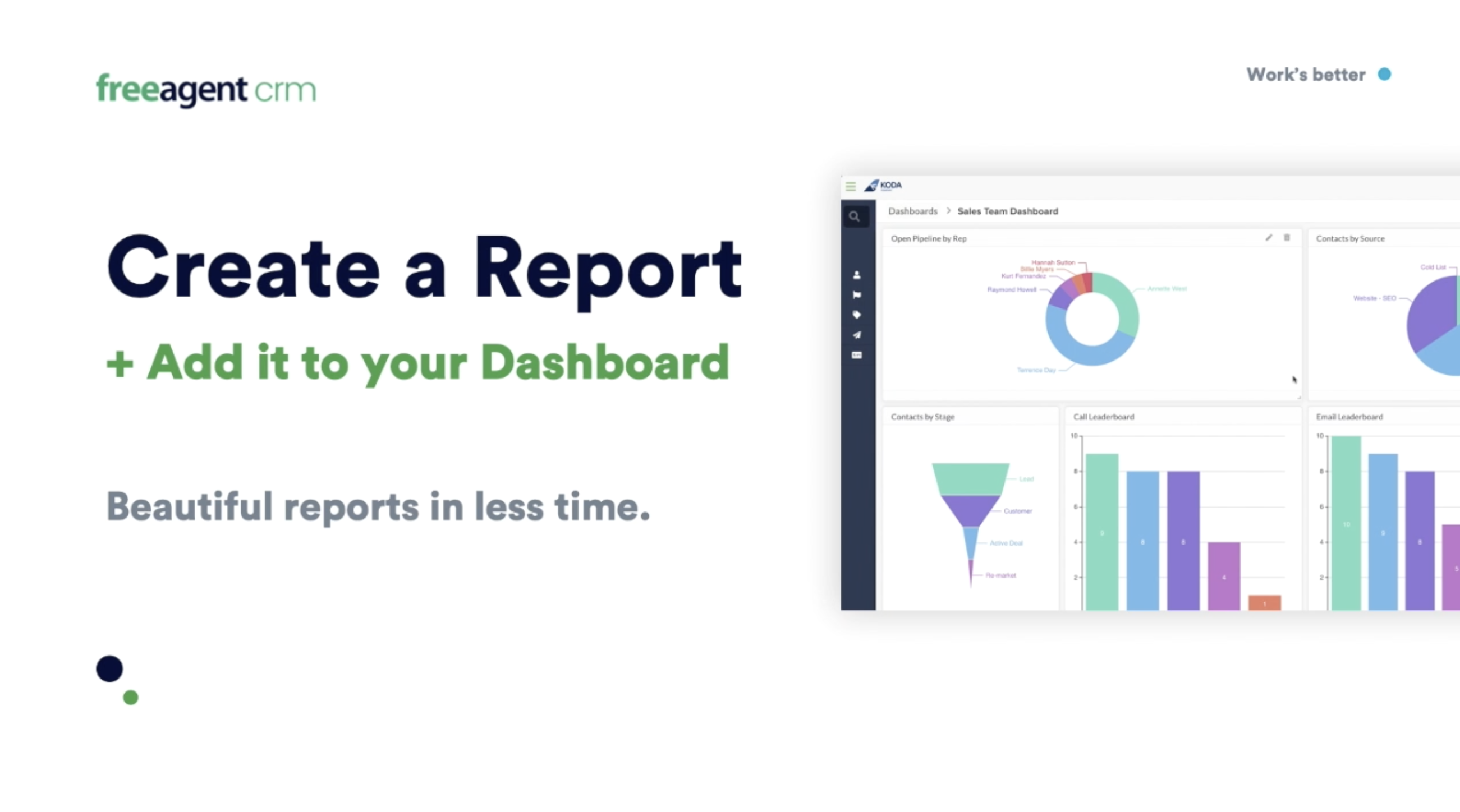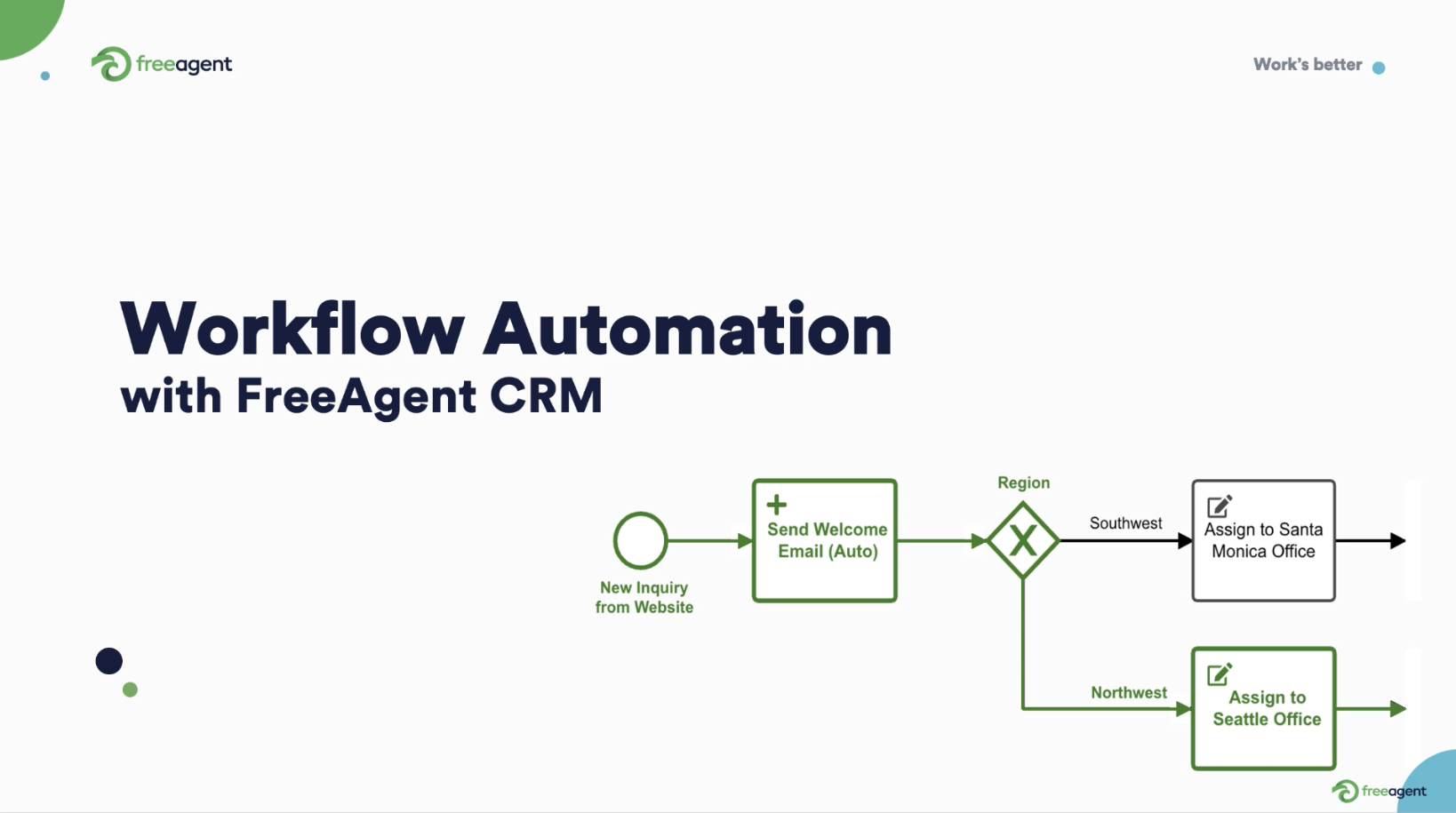When you go to the doctor for a checkup, they run tests and ask questions to evaluate your health. They will check your blood pressure, listen to your heart rate, measure your height and weight, and ask questions about your diet, sleeping habits, and more.
They do this because evaluating your health at a glance is difficult. Many factors contribute to a person’s overall health, and data is needed to make an accurate assessment.
Evaluating the health of your business is similar. It is impossible to assess a business’s health at face value, so just like your doctor, you need to ask the right questions and analyze the data.

The best data points for making these assessments are KPIs (key performance indicators). Think of KPIs as the vital signs of a business or process.
For example, your business doesn’t have a heart rate to measure, but you can measure your annual recurring revenue. Revenue is the lifeblood of your company and keeping it flowing is vital to your business’s health.
The challenge with using KPIs to evaluate business health lies in knowing what KPIs to track and determining what the results say about the health of your business.
Fortunately, we can help. Read on to discover what KPIs you should track and what they can tell you. We will also provide guidance on tracking your KPIs to ensure you are working with the best data.
Business health vs. business performance
Business health and performance are inextricably linked, but there are distinct differences between them:
- Business health is the overall measure of a business’s viability.
- Business performance measures the outcomes of specific aspects of a business.
Just like having a healthy heart is not enough to say that a person is healthy, having a good opportunity conversion rate is not enough to say that a business is healthy.
To properly evaluate business health, you need to holistically evaluate the performance of many different aspects of the business.

The importance of monitoring business health
Just like your own health, monitoring your business’s health regularly can make a big difference. Regular business checkups can help you:
- Catch issues early: Small issues become big problems if not addressed early. Actively monitoring your performance metrics can help you detect trouble before things get worse.
For example, if you see a member of your sales team has struggled to hit their call volume target two weeks in a row, you have time to address the issue before it significantly impacts their quarterly sales quota.
- Identify common challenges: Data tracking can point to challenges within your processes impacting performance.
For example, by monitoring the cycle time of the different phases of your production process, you can identify bottlenecks impacting your team’s ability to deliver on time.
- Stay on target: Tracking performance towards your goals helps you make the adjustments needed to stay on track.
For example, suppose your marketing team hasn’t quite reached their pipeline generation target with a week left in the quarter. In that case, a “limited time offer” social media campaign may be enough to push them across the finish line.
- Prioritize resources: The right data can tell you where a problem lies, helping you to focus your efforts in the right place.
For example, if your entire support team is under target for their first call resolution metrics, this suggests an issue with training or your knowledge base.
- Deliver a superior customer experience: Customers tend to reach out only when things are really good or really bad, skewing the overall impression of customer satisfaction towards the extremes.
By tracking metrics such as customer satisfaction score or customer churn rate, you get a better idea of the average customer experience and can avoid reactionary decisions based on uncommon circumstances or outcomes.
What are KPIs and why do they matter?
A KPI is a collection of metrics used to evaluate the success of a particular business function. When different KPIs are analyzed together, they can be used to evaluate the health of a business or process.
There are two broad types of KPIs: quantitative and qualitative.
- Quantitative: Quantitative KPIs are indicators you can measure with numbers. For example, cost per acquisition is a KPI that puts a dollar amount on your business’s efforts to acquire a customer.
- Qualitative: Qualitative KPIs are indicators that can not be measured with numbers. These KPIs focus more on feelings, opinions, and impressions and are usually gathered through open-ended questions in surveys, customer stories, and exit interviews.
Just as a doctor will perform quantitative tests and ask qualitative questions, you want to include both quantitative and qualitative KPIs as part of your business evaluations.

Common KPI categories
As we mentioned earlier, accurately evaluating business health requires assessing different aspects of a business. To help simplify this a bit, we can divide business performance into different categories.
- Productivity: Productivity KPIs measure the output of a company over a given period of time. Some examples include:
- Projects completed/quarter
- Revenue generated/employee/year
- Support tickets resolved/week
- Efficiency: Efficiency KPIs measure the amount of time and resources a company spends to achieve an outcome. Some examples include:
- Cycle time
- Cost per lead
- Resolution time
- Financial: Financial KPIs measure the financial viability of a business. Some examples include:
- Burn rate
- Working capital
- Net profit margin
- Retention: Retention KPIs measure the ability of a company to retain customers and employees. Some examples include:
- Employee churn rate
- Customer lifetime value
- Repeat purchase ratio
- Satisfaction: Satisfaction KPIs measure a customer’s or employee’s satisfaction with a product, service, or business function. Some examples include:
- NPS score
- Customer effort score
- Abandonment rate

Gathering and tracking your KPIs
The doctor’s office is filled with different tools and equipment that can translate your vital processes into readable data. All of this data goes into a file, and over the course of your life, the file grows and evolves, helping your doctor make ongoing assessments about your health.
You can do the same for your business. The right tools help translate your work processes into data that can be collected and compared over time to make sound decisions.
- Tools of the trade: Just like a doctor requires specialized tools and equipment to collect your vital data, you need the right tools to gather your KPIs.
The tools required will vary by business and KPI category, but a few common examples are useful for businesses and processes of all types.
- CRM (customer relationship management): As the name implies, CRM is a great tool for managing customer-related functions and processes. Modern CRMs are data-tracking machines, converting every activity conducted within the system into trackable metrics.
These software tools are also great at converting this data into easily digestible dashboards and reports that can inform your KPIs and visualize your business health.
CRM is an excellent tool for gathering and tracking productivity, efficiency, retention, and satisfaction KPIs.
- Work management platforms: A work management platform is designed to help teams collaborate and coordinate on projects and production.
Like CRM, work management tools are great at tracking and collecting data and translating that data into an easily accessible form. In recent years, work management tools have been folded into other business tools like CRM and BI to provide a comprehensive solution for almost any business need.
Work management tools are great for gathering and tracking productivity, efficiency, and financial KPIs.
- BI (business intelligence): The bread and butter of business intelligence software is translating data into KPIs. By integrating with the other software tools you already use, these tools sort and organize your data for easy dissemination.
BI tools are good for assessing productivity, efficiency, financial, and retention KPIs.
- Web analytics tools: These tools gather and track web data so you can monitor and assess the success of your ad campaigns and social media efforts.
Web analytics tools are good for assessing financial, retention, and satisfaction KPIs.
- Establishing your baseline and measuring progress: A healthy business is always growing and improving. Of course, we can’t measure growth without first establishing a baseline.
For example, before you can measure sales cycle time improvements, you need to know what your current sales cycle time is.
When establishing your baseline KPIs, try to use metrics gathered over a longer period, such as a quarter or a year. This will help you avoid making assessments based on spikes or drop-offs that don’t reflect your overall results accurately. The best results come from comparing similar periods of time (the same quarter year over year) or the same type of project.
Dashboards, like those provided by a CRM tool, can help you track progress in real-time as well, allowing you to see the results of adjustments in the moment.

Evaluating business health
With your KPIs in hand, it is now time to begin evaluating business health. There are several ways to go about this.
- Benchmark data: For a new business or one that doesn’t have a lot of historical data to look at, you can use industry benchmarks to make a generalized assessment of business health.
This type of evaluation should be considered preliminary and not be the basis for panic or wholesale change as the unique aspects of a business make “apples to apples” comparisons difficult, even within the same industry.
- Focus on the financials: Many companies look at their financial KPIs and, if they are strong, believe that alone confirms their business is healthy. While in some cases this may be true — many financial KPIs are tied to productivity and efficiency KPIs after all — it may not be.
Financial success is a good thing for any business but it can be dangerous to become too enamored with it. When it comes to finances, things are often good until they aren’t, and at that point, it is often too late.
- Department by department: This is perhaps the most common way companies evaluate their business health. In this approach, each department head evaluates the success of their team using the KPIs that are most relevant to that department.
For example, the sales department may focus on productivity, efficiency, and financial KPIs and give little thought to retention or satisfaction (that’s the success team’s responsibility).
The problem with this approach is that it isolates teams and can falsely attribute issues to the wrong department.
Continuing our example, if customers are promised things during the sales process that can’t be delivered, that will affect customer satisfaction and the success team will take the hit in their customer churn KPIs (retention). No matter how hard the success team works to address these issues within their own department, they will be unsuccessful because this is a sales process issue.
- The sum of all parts: As we mentioned earlier, accurately assessing health requires a comprehensive look at many different factors. That’s why this approach reigns supreme.
By examining productivity, efficiency, financial, retention, and satisfaction KPIs together, you get the most complete picture of your business health. This also involves all of your teams, leading to more well-rounded solutions to potential problems and less chance of things falling through the cracks.

FreeAgent CRM makes gathering, tracking, and analyzing your KPIs fast and easy
FreeAgent is a CRM + work management platform that provides all the tools you need to gather, track, and analyze your KPIs. Teams love working in FreeAgent because our platform is:
- Modern: FreeAgent’s intuitive user interface is sleek and modern, making training a breeze.
- User-configurable: FreeAgent is user-configurable, allowing you to create work processes that fit your unique business structure, no third-party engineers required.
- Personalizable: With FreeAgent, your teams can personalize their views and dashboards to see what they want to see, how they want to see it. These can be shared with teammates to improve collaboration and drive adoption.
- And so much more: An expansive library of charts help you visualize your data like never before. In-house support means you get the right answers the first time. Our powerful workflow engine can help you automate your most complex processes.
Try FreeAgent today, and start enjoying the benefits of the new world of work.






